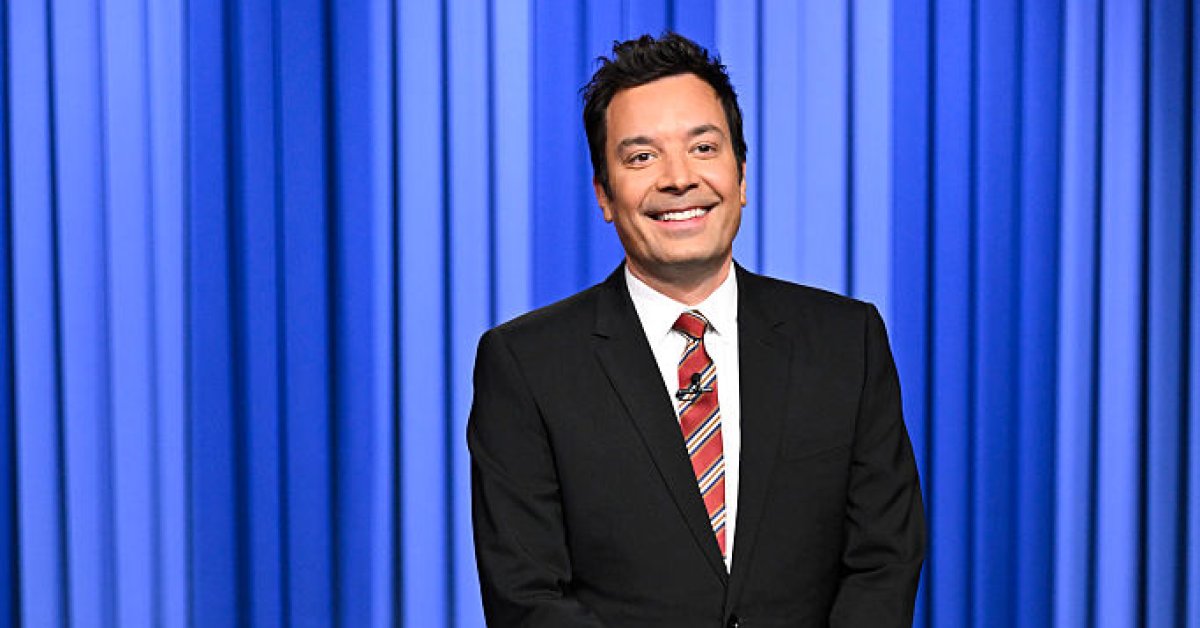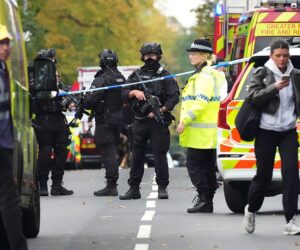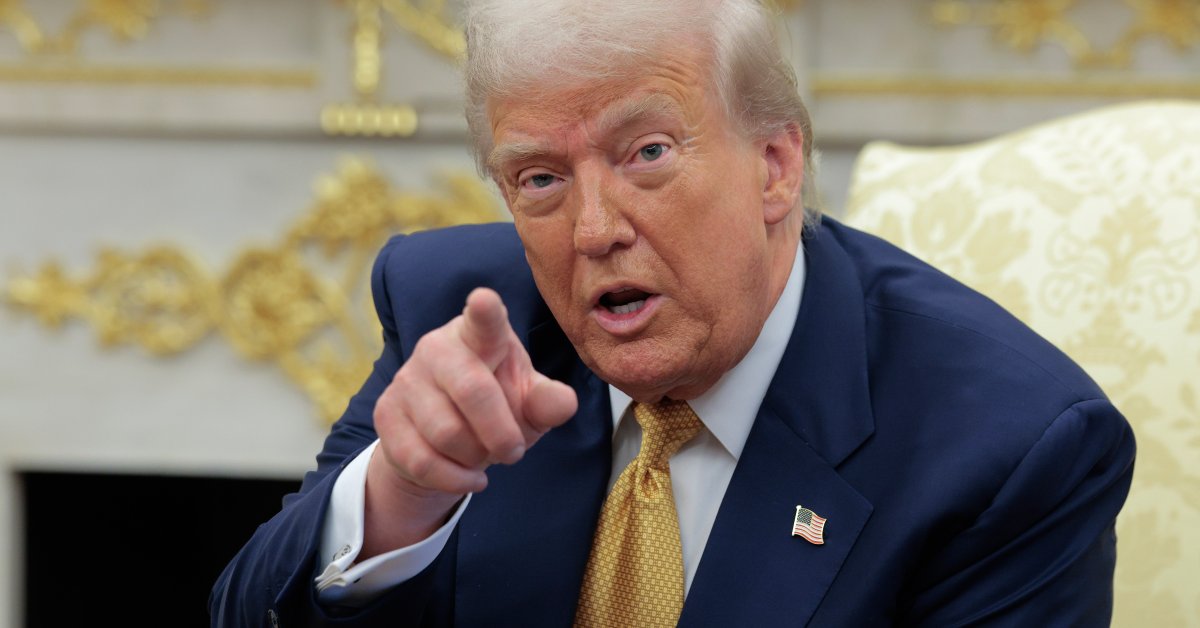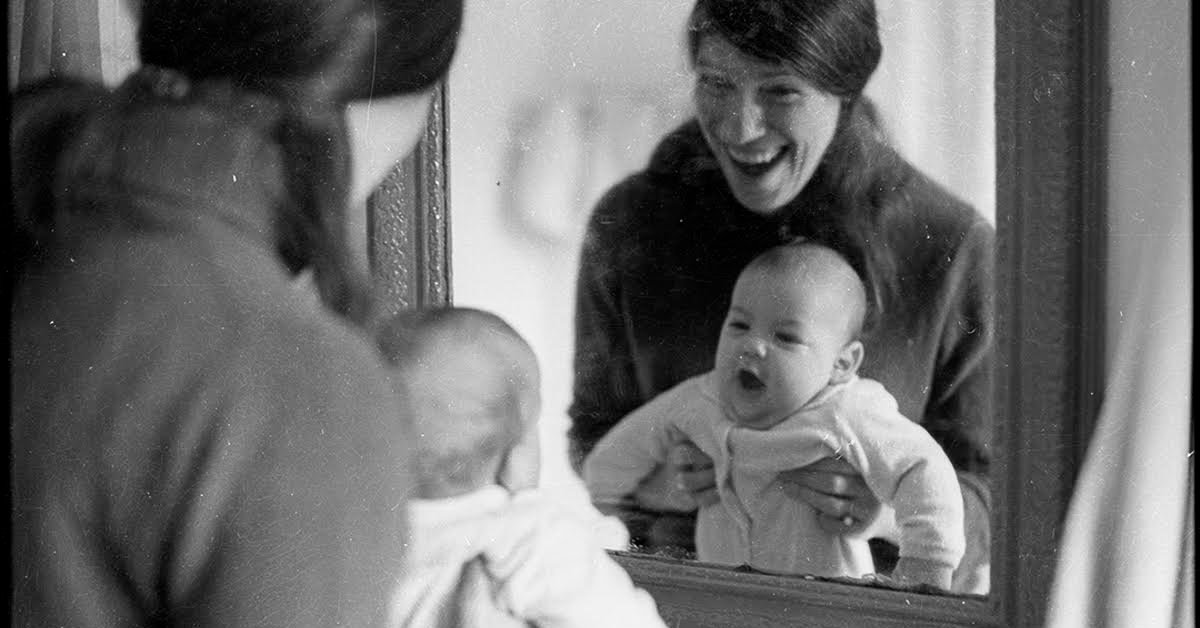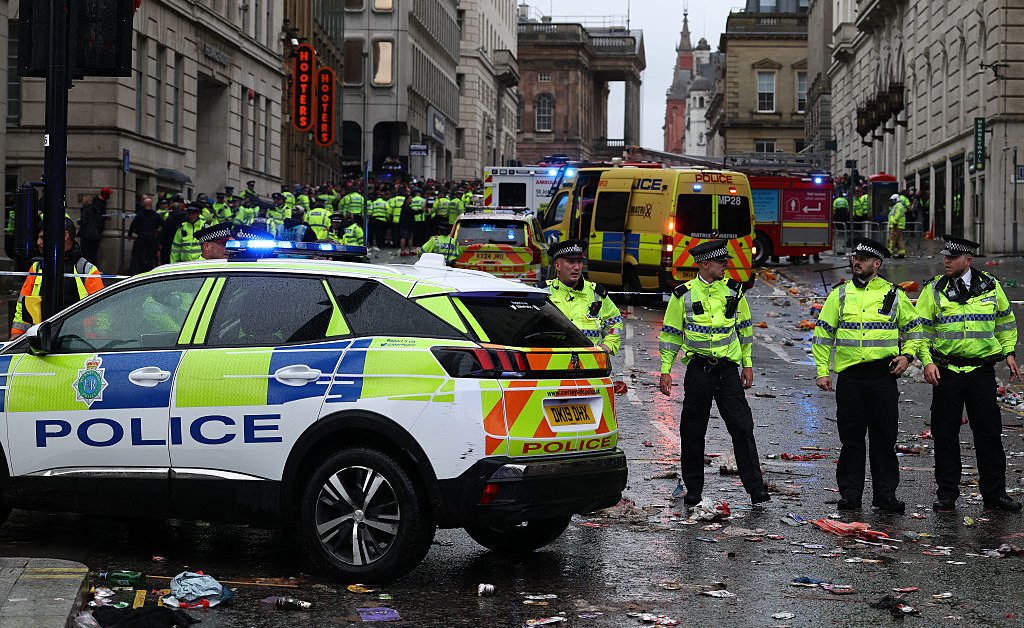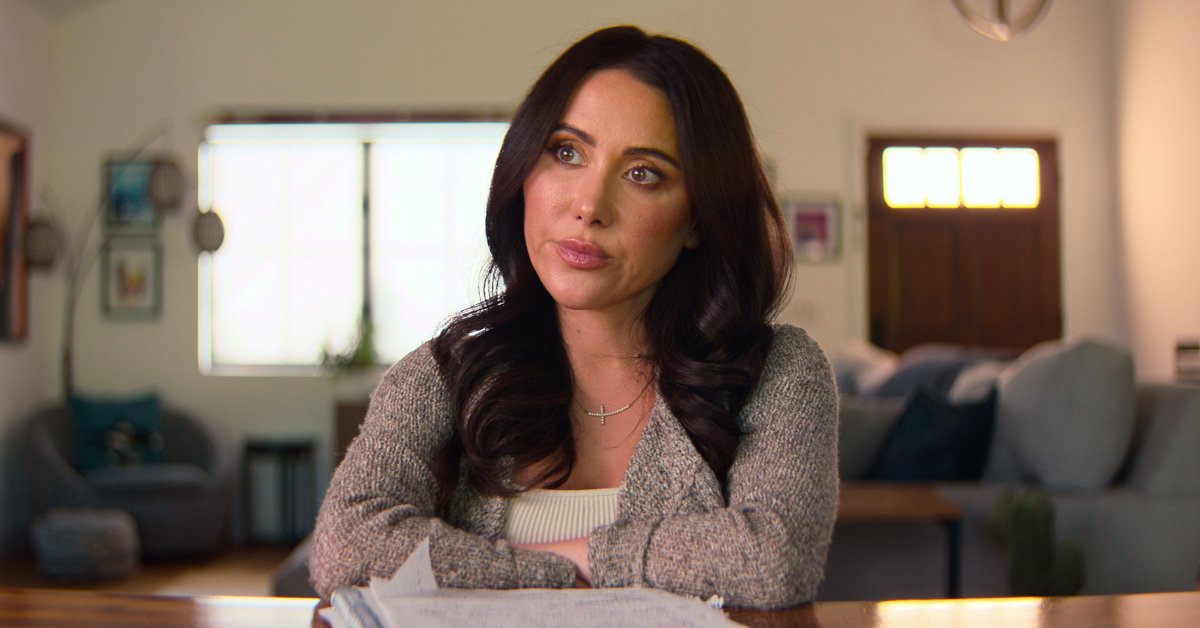But one of these responses was not like the others. Jimmy Fallon did open his first Tonight Show after the news broke with jokes about the suspension and kind words for Kimmel (with whom he collaborated on a podcast during the 2023 writers’ strike). What was striking about his monologue, though, was how carefully he couched his criticisms of a colleague’s silencing. “I don’t know what’s going on, and no one does,” he told viewers in the most somber moment of a remarkably tame monologue. Fallon is known for being late night’s most lighthearted personality, but still, there was an unmistakable undertone of avoidance in his performance on Thursday. He’s playing it safe, perhaps in hopes of escaping his more political rivals’ fates. Putting aside the question of whether it’s just plain cowardice, you have to wonder—in light of poor ratings and continued scrutiny from Trump—whether this strategy could even work.
Despite Fallon’s claim that “no one” knows “what’s going on” with regard to the late-night apocalypse, few of his counterparts seemed to be confused. Jon Stewart, who usually only hosts The Daily Show on Mondays, stepped behind the desk Thursday for an episode that began with a sarcastically obsequious “government-approved” monologue poking fun at Donald Trump’s attacks on insufficiently flattering media and ended in a long, stark conversation with the anti-authoritarian Filipino journalist Maria Ressa. Stephen Colbert, who has been in fearless lame-duck mode since his own cancellation was announced in July, not only labeled Kimmel’s suspension “blatant censorship,” but also revived his Colbert Report character to underline the impossibility of free speech under Trump. Late Night’s Seth Meyers, whose show airs directly after Fallon’s on NBC, noted experts’ fears that “that we’re rapidly devolving into oppressive autocracy” and offered in no uncertain terms his take on the situation: “Trump promised to end government censorship and bring back free speech, and he’s doing the opposite.”
Of all the hosts who made strong statements on Thursday, Meyers has the most to lose. Colbert’s days on CBS are already numbered. Stewart doesn’t appear to be a top priority for Trump or Carr, probably because he’s on cable, is perceived to have little bipartisan appeal, or both. But Trump named Meyers along with Fallon in a post-Kimmel-suspension social media missive urging NBC to get rid of its late-night programming. Even if he hadn’t, Meyers hosts what has been, since CBS ended After Midnight in June, network TV’s only remaining 12:37 a.m. talk show—one that, in the second quarter of 2025, averaged less than a million viewers. Fallon isn’t pulling in that many more eyeballs, but it would still be shocking if The Tonight Show were to be canceled before Late Night. (Both hosts have contracts with NBC through 2028.)
And yet, it was Fallon who soft-pedaled the Kimmel story. He opened Thursday’s show with a jovial summary: “Jimmy Kimmel was suspended by ABC, after pressure from the FCC, leaving everyone thinking ‘WTF?’” (Acronyms, am I right?) In a marked contrast to the undisguised anger, bitter satire, and clear-eyed analysis of his colleagues, bewilderment became the theme of his monologue. It was after joking that his father had assumed he was the unfortunate Jimmy that Fallon claimed neither he nor anyone else understood what was happening. Then he called Kimmel “a decent, funny, and loving guy” and said, “I hope he comes back.”
Turning to the Trump of it all, he announced: “A lot of people are worried that we won’t keep saying what we want to say or that we’ll be censored. But I’m going to cover the President’s trip to the UK just like I normally would.” What followed played like an anodyne rewrite of Stewart’s gambit, with Fallon setting up cracks about Trump’s clothes and hair (which Fallon famously mussed, to widespread criticism that he was normalizing the candidate, in 2016) whose punchlines were drowned out by a booming, disembodied voice of praise. There was only one remotely gutsy (or funny) exchange in the bunch. Fallon: “During the trip, protesters managed to project images onto the side of Windsor Castle of Trump standing next to his good friend Jeff—” Disembodied voice: “Goldblum.” Segueing into a handful of actually completed jokes about the UK trip, Fallon had about as much to say about the Epstein files as he did about Melania’s big hat. Finally, he spent more than half his monologue on silly pie charts about buzzy TV shows and a recurring segment in which the audience votes on which innocuous joke he should post on social media.
I don’t have access to Fallon’s brain or his writers’ room, but as an outside observer, it all felt calibrated to avoid triggering Trumpworld without alienating anyone who would’ve been mad if he’d said nothing about Kimmel. Which is, I guess, his right as a late-night host who could conceivably be looking out for his employees’ futures as well as his own. The thing is, I’m not convinced that goofy, faux-naive blandness will be enough to get him out of Trump’s cross-hairs.
Because when you look at what Kimmel actually said, on Monday, to cause the cascade of ire that ended with his suspension, it’s not particularly inflammatory. “We hit some new lows over the weekend, with the MAGA gang desperately trying to characterize this kid who murdered Charlie Kirk as anything other than one of them and doing everything they can to score political points from it,” he said. “In between the finger-pointing, there was grieving.” Then he played a news clip of Trump responding to a question about how he was coping with Kirk’s death with some excited remarks about the construction of a new White House ballroom. “This is not how an adult grieves the murder of someone he called a friend,” Kimmel observed. Those who have criticized Kirk’s statements, causes, and legacy since his death have faced intense backlash from the right. But this wasn’t even speaking ill of the dead. It was criticism of responses to Kirk’s murder by the very-much-still-alive folks to whom he was a friend and a hero. (Note that Kimmel didn’t accuse the suspect of actually being MAGA, either.)
It may not be laudable to censor yourself at the cost of undermining free speech, but it is understandable; humans are not a perfect species. But when your show is likely to remain a target no matter how gently you joke about the powers that be? Maybe it pays to be brave.

